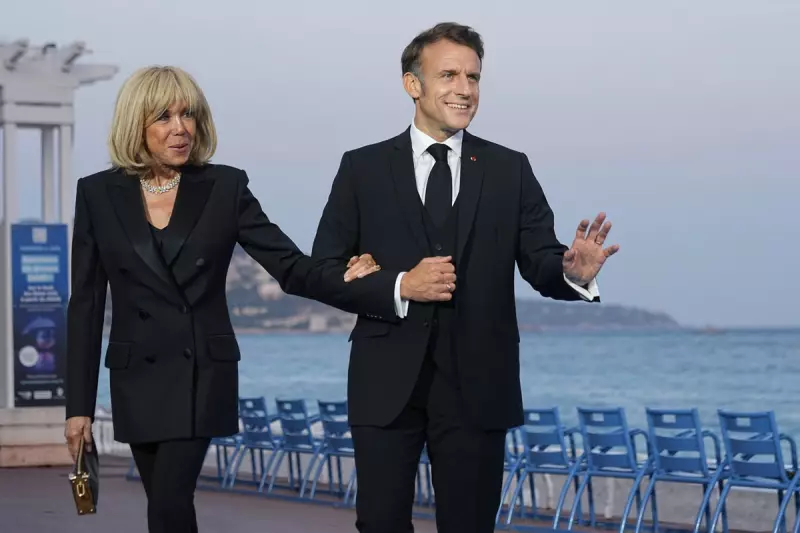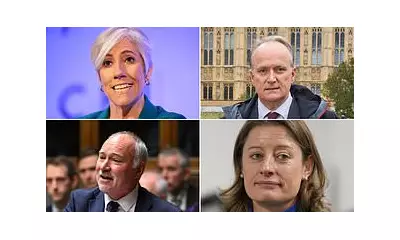
French President Emmanuel Macron has launched a stinging rebuke against American conservative commentator Candace Owens, describing her recent comments about Paris as "uninformed" and "detached from reality." The diplomatic confrontation emerged after Owens made sweeping statements about the French capital during her social media broadcasts.
The Controversial Remarks
Owens, known for her provocative commentary, had characterised Paris in terms that Macron's office found particularly objectionable. While the exact nature of her comments wasn't detailed in official statements, sources close to the Élysée Palace indicated they painted an inaccurate portrait of the city's current state and cultural landscape.
Macron's Forceful Response
During a press briefing, the French leader didn't mince words when addressing Owens' observations. "When individuals who have limited understanding of our nation make broad declarations about our cities and our people, they do a disservice to factual discourse," Macron stated, his tone notably firm.
The President emphasised that such commentary "ignores the complex, vibrant reality of contemporary Paris" and suggested that critics should "spend genuine time understanding a culture before making sweeping judgments."
Broader Implications
This exchange highlights the growing trend of social media commentators influencing international perceptions and the challenges this poses for traditional diplomacy. Macron's decision to address Owens' comments directly signals a new approach to managing cross-cultural discourse in the digital age.
Political analysts note that the French President's response reflects his government's increasing concern about how France is portrayed in international media, particularly by influential figures with substantial online followings.
Cultural Representation Matters
The incident raises important questions about cultural representation and the responsibility of public figures when discussing foreign nations. As Macron pointedly noted, "Paris, like all great cities, deserves to be understood in its full complexity, not reduced to simplistic characterisations."
This diplomatic spat continues to generate discussion about the appropriate boundaries for cultural commentary and the evolving nature of international relations in an increasingly interconnected digital world.





